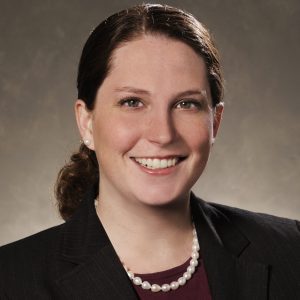CURRENT MONTH (October 2022)
Bankruptcy
Solving for Solvency: Problematic Make-Whole Provisions Defy Uniform Approach
The courts continue to be plagued by the proper treatment of claims that are based on complex make-whole provisions in loan documentation in chapter 11 cases. The concept behind the make-whole premium is that if the borrower pays back a loan prior to its maturity, the lender should be compensated for the interest that will never be earned due to the early payment of the principal by its borrower. But these provisions have become much more intricate than that. In any event, courts have struggled with how to treat these claims—as claims for unmatured interest that should be disallowed under Section 502(b)(2) of the Bankruptcy Code, or as something different that must be paid. Most recently, the Court of Appeals for the Fifth Circuit addressed such an issue in In re Ultra Petroleum Corporation, Case No. 21-20008 (5th Cir. October 14, 2022). In Ultra, after reviewing the agreement and the case law, the court held that the amounts demanded were in fact the economic equivalent of unmatured interest, which normally would be disallowed. However, the court ultimately held that the claim was entitled to payment in the bankruptcy case because the debtor was solvent, recognizing an exception created in common law precedent. In recognizing the solvent debtor exception, the Fifth Circuit followed on the heels of the Ninth Circuit’s decision in In re PG&E Corp., 46 F.4th 1047 (9th Cir. August 29, 2022), where the court held that the “common-law absolute priority rule requires that a creditor be ‘made whole’ before junior interests—including equity holders—take from the bankruptcy estate.” Although the Ninth Circuit was not addressing a make-whole provision, the fact that the debtor was solvent yielded a different result than when the debtor is insolvent and permitted general unsecured creditors to claim post-petition interest in the case. Ultra’s holding that make-whole obligations comprise unmatured interest adds to the split in authority on that topic among the circuits, while its holding about interest payable in solvent debtor cases firms up the growing body of case law that creditors generally are entitled to be made whole in solvent debtor cases, rather than permitting equity holders to receive a windfall. Creditors will need to stay tuned for further developments in this uncertain area of interest.





